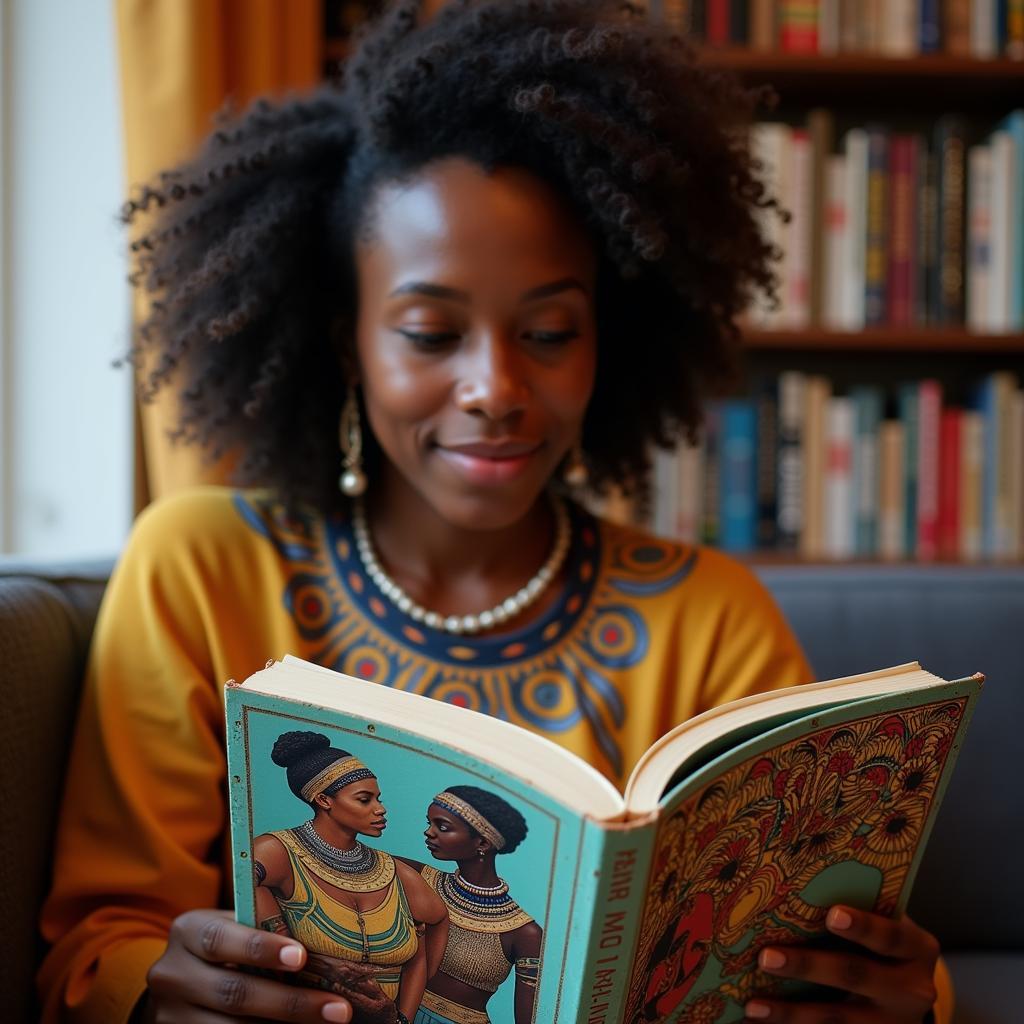Understanding African American Social Formations
African American Social Formations are a complex and fascinating subject, encompassing the myriad ways African Americans have organized themselves socially, politically, and culturally throughout history. This article delves into the diverse influences that have shaped these formations, exploring the impact of historical events, cultural traditions, and ongoing struggles for equality. We will examine how these factors have contributed to the unique tapestry of African American life and community.
African Americans, forcibly displaced from their ancestral homelands, were thrust into a new social order built on slavery and oppression. This brutal system sought to strip them of their cultural heritage and deny them basic human rights. However, even under these horrific conditions, African Americans found ways to forge bonds of kinship and community. Spirituals, coded language, and shared oral traditions helped preserve cultural memory and build a sense of collective identity. After emancipation, these foundational social structures played a crucial role in navigating the challenges of Reconstruction and the ongoing fight for civil rights.
The Impact of Historical Events on African American Social Formations
The history of African Americans is intrinsically linked to the struggle against systemic racism and oppression. From the era of slavery through the Jim Crow era and the Civil Rights Movement, the fight for equality has profoundly shaped African American social formations. The denial of basic rights, coupled with persistent discrimination, fostered a strong sense of collective identity and resilience. Mutual aid societies, churches, and other community organizations emerged as vital spaces for support, advocacy, and cultural preservation. These institutions provided a foundation for social and political mobilization, playing a critical role in the fight for civil rights and social justice.
Examining the Role of the Church
The Black church has historically served as a cornerstone of African American communities. It provided not only spiritual guidance but also a platform for social activism, education, and community building. During segregation, the church often served as the only space where African Americans could gather freely and organize politically.
Cultural Traditions and Their Influence
African American culture is a vibrant tapestry woven from threads of African heritage, American experience, and the enduring spirit of resilience. Music, dance, literature, and art have all played a crucial role in expressing the joys, sorrows, and triumphs of the African American journey. These cultural expressions have also served as powerful tools for social commentary, resistance, and the affirmation of identity.
african american dance classes near me might be a good resource for those looking to connect with this rich cultural heritage.
The Power of Music and Dance
From the spirituals sung during slavery to the blues, jazz, and hip-hop of later generations, music has been a powerful force in shaping African American social formations. These musical forms not only reflect the experiences of African Americans but also serve as a source of strength, unity, and cultural pride. Similarly, dance forms with African roots have evolved and adapted within the African American context, becoming important expressions of cultural identity and community bonding. Consider exploring resources like african american steppers for more information on this vibrant dance tradition.
Navigating Contemporary Challenges and Shaping the Future
African American social formations continue to evolve in the face of ongoing challenges, including persistent racial inequality and socioeconomic disparities. New forms of activism and community organizing are emerging, leveraging technology and social media to address these issues. The ongoing struggle for social justice remains a defining characteristic of African American social formations, shaping the present and future of the community. Academic research on topics such as african american family structure scholarly articles can offer further insights into these evolving social dynamics.
Dr. Anika Johnson, a renowned sociologist specializing in African American studies, observes, “African American social formations are not static; they are constantly adapting and innovating in response to the changing social landscape. The legacy of resilience and community empowerment continues to shape the fight for equality and justice.”
a life like law south african provides a different perspective on social formations within the African context, highlighting the diverse experiences across the continent.
Professor Kwame Nkrumah, a leading historian of the African diaspora, adds, “Understanding the historical context of African American social formations is essential to comprehending the complexities of the present and shaping a more equitable future.”
Conclusion
African American social formations are a testament to the enduring spirit, resilience, and creativity of a people who have faced immense adversity throughout history. From the earliest days of slavery to the ongoing struggle for social justice, African Americans have forged powerful bonds of community and created vibrant cultural traditions that continue to shape the world. Understanding these formations is crucial for appreciating the rich tapestry of American history and building a more just and equitable future. African American social formations remind us of the power of collective action, cultural preservation, and the unwavering pursuit of equality.
african journal american speech can provide valuable resources for further exploration of language and its role in shaping cultural identity.
FAQ
- What are the key historical events that have shaped African American social formations?
- How has music influenced African American social formations?
- What is the role of the church in African American communities?
- How are African American social formations evolving in the contemporary era?
- What are some resources for learning more about African American history and culture?
- What are some of the current challenges facing African American communities?
- How can we support the ongoing struggle for social justice and equality?
Need assistance? Contact us 24/7: Phone: +255768904061, Email: kaka.mag@gmail.com, Address: Mbarali DC Mawindi, Kangaga, Tanzania.

